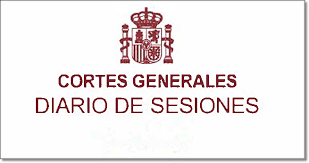
Finca may, of course, refer to a farm or other rural property (finca rural), and may also denote parcels of land or buildings in a city (finca urbana). Moreover, the term is often used generally as a synonym for inmueble (land, real estate or real property). Some simple examples include:
- compraventa de finca hipotecada (sale of mortgaged land/property),
- finca arrendada (leased property),
- arrendamiento de fincas (leasing of property/land),
- servidumbre de paso en beneficio de fincas enclavadas (landlocked property easement; right-of-way to landlocked property), or
- facultad de deslindar y amojonar fincas (right to survey and mark property boundaries)
But finca has a special meaning in the context of recording rights on the Registro de la Propiedad (Land Register), being the basic unit of recorded property. As the Enciclopedia jurídica explains,
finca registral es el bien inmueble que constituye la base física del sistema registral inmobiliario. La llevanza del registro gira alrededor de la finca, por lo que ésta se define también como lo que es susceptible de abrir folio o registro particular en los libros de inscripciones. La finca ingresa en el registro mediante la llamada inmatriculación, que conlleva la apertura de folio registral destinado a dicha finca. La finca inmatriculada recibe un número propio. En el asiento de primera inscripción se describe la finca y se inscribe el derecho de su titular dominical, el inmatriculante.
Here are a few examples of how finca is used in the sense of finca registral:
- finca inscrita (recorded property)
- inmatriculación de la finca (initial entry of a property the Land Register)
- finca no inmatriculada (non-recorded property/land)
- modificación de la finca inscrita (amendment of property records)
- subsanación de la doble o múltiple inmatriculación de una misma finca (rectification of double or multiple entries of the same recorded property)
